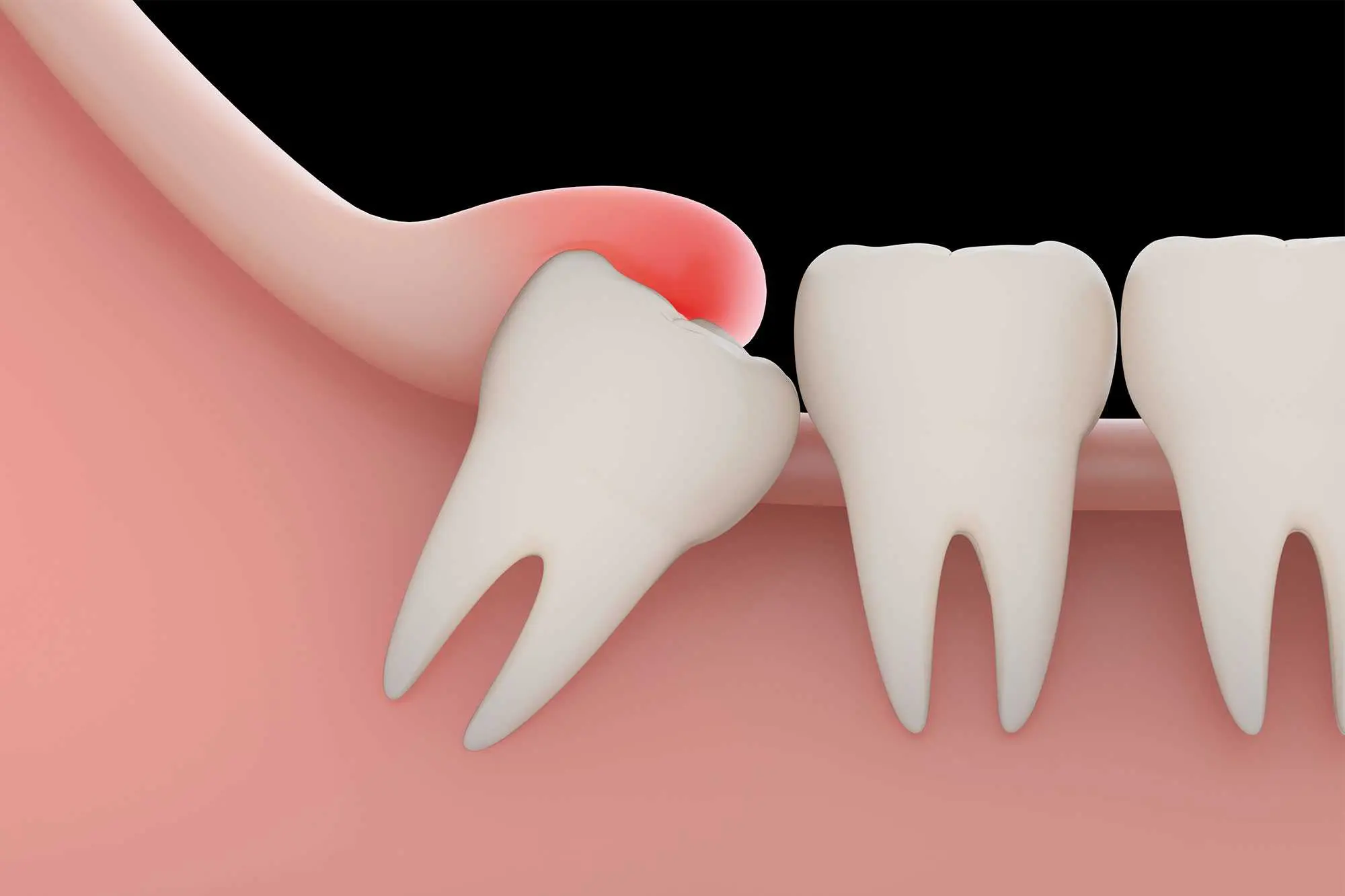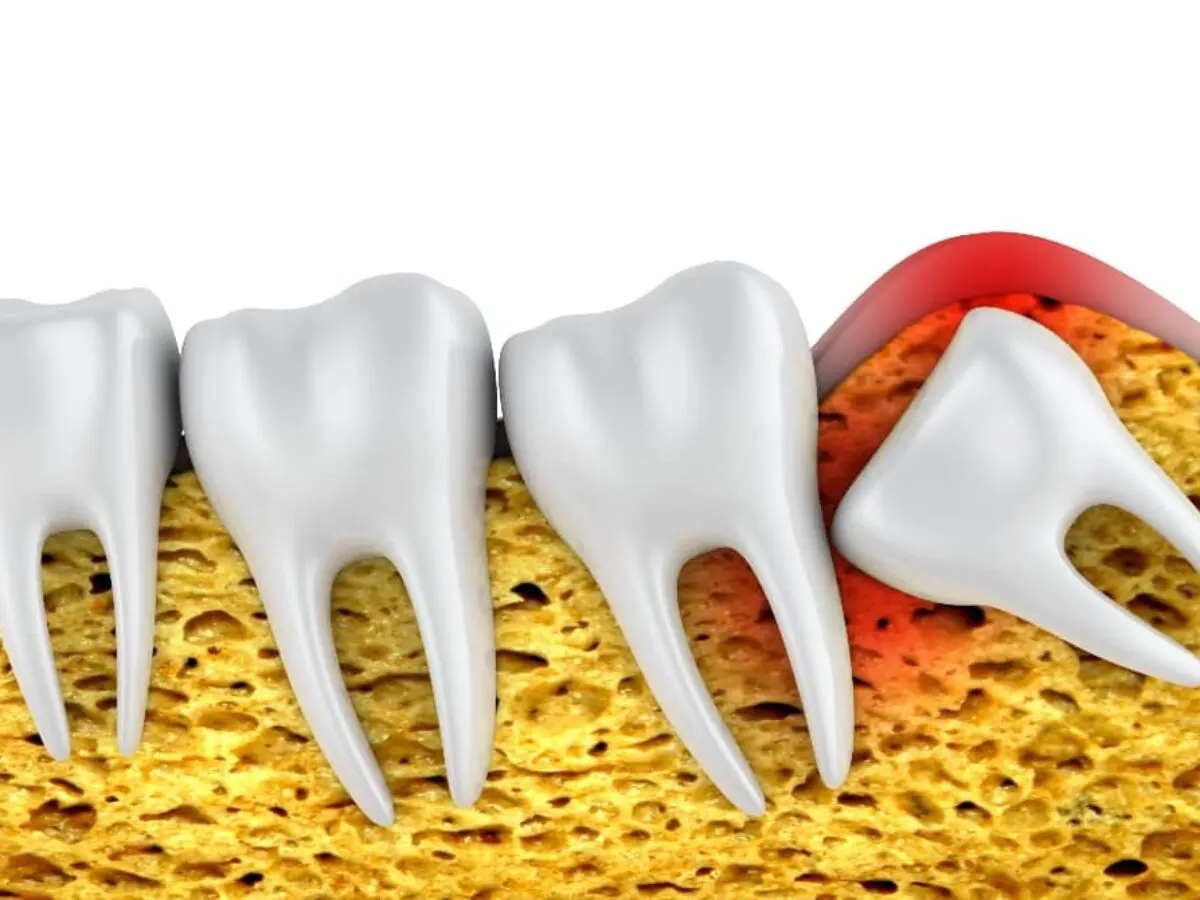Wisdom Tooth Surgery
Wisdom tooth surgery involves the removal of one or more of the final set of molars that most people get in their late teens or early twenties. When these teeth do not have enough room to emerge or develop normally, they may cause pain, infection, and other dental problems, necessitating their removal.
Surgical Procedure
The surgery typically involves an examination followed by the surgical removal of the wisdom tooth. The procedure is usually performed under local anesthesia, sedation, or general anesthesia, depending on the complexity and patient preference.
Benefits of Wisdom Tooth Surgery
- Prevents the potential crowding of nearby teeth that can disrupt the alignment of the dental arch.
- Reduces the risk of oral disease, including both tooth decay and gum disease.
- Alleviates pain and discomfort associated with impacted wisdom teeth.
Frequently Asked Questions
- How long is the recovery after wisdom tooth surgery?
- Recovery typically takes a few days to a week, depending on the number of teeth removed and the individual’s healing process.
- Is the surgery painful?
- Post-surgery discomfort is normal but is usually manageable with prescribed pain medication. Most patients report minimal discomfort following the procedure.


